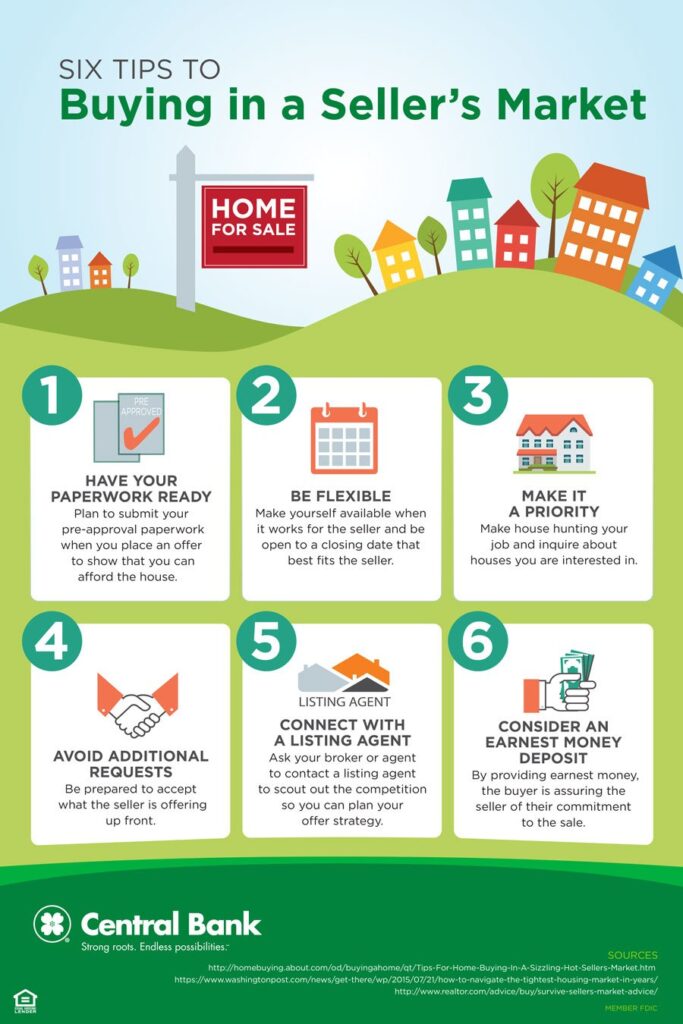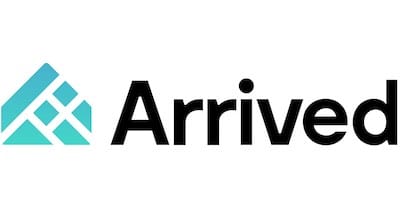Earnest money is a deposit made to a seller indicating the buyer's good faith in an arrangement. Often used in real estate transactions, earnest money allows the buyer additional time when seeking financing and is not free money. Earnest money is typically held jointly by the seller and buyer in a trust or escrow account. This article will tell you what else you need to know.
When you are reading to move out of your home and ready to find that perfect home, you’ll have more than just an offer price to hone in on. Before you can actually move in, you’ll also need to figure out your earnest money deposit as a part of your offer.
It sounds confusing, but an earnest money deposit (often just called an EMD in the real estate industry) is a move of good faith and essentially acts as a down payment on your down payment. You offer it to the seller to show that you’re serious about purchasing their home, as well as to give them confidence that you have the financial means to follow through with the deal.
The earnest money deposit can be viewed as part of the down payment. While an earnest money deposit functions as a promise to the seller, a down payment is a promise to the mortgage lender providing your mortgage loan. Earnest money is a financial commitment signaling the buyer's serious intent to purchase a home.
In a hot market like today’s, earnest money can make all the difference.
Why is an earnest money deposit necessary?
An earnest money deposit essentially holds your place in line for a home. To use a real-life example, let’s say you were reserving a local bowling alley for your birthday party (or your kid’s). Because the alley has to set aside resources and time for your party — and because they’re unable to accept other parties simultaneously — they ask for a $100 deposit.
This deposit, in theory, covers their losses (or at least a portion of them) if you back out of the agreement and take your party elsewhere.
An earnest money deposit does that same thing in real estate. It gives you time to get your home inspection and appraisal, and for your lender to sort out your financing, all while giving some sort of financial protection to the seller.
Consider the short infographic below, you can see the earnest money deposit (good faith deposit) option in step six:

How an earnest money deposit works
When you make an offer on a home, you also include an offer of earnest money. If the seller agrees to your offer — as well as your earnest money deposit, contingencies, and other stipulations — you’ll sign a purchase contract and move forward with the transaction.
It’s important to note that this contract doesn’t 100% lock you into buying the home. If you include contingencies for home inspections and financing, you’ll still have a chance to back out of the deal — and get your earnest money back. The contract does, however, force the seller to take the home off the market while you go through these processes.
Once the contract is signed, your earnest money will be held in an escrow account until the deal is finalized. If you follow through with the purchase, it will go toward your down payment or closing costs. If you back out of the deal in a way that’s not allowed by your contract, the seller will keep the earnest deposit in full.
How much should you pay?
The typical earnest money deposit varies from market to market, but traditionally, buyers will offer at least 1% to 3% of the purchase price. On a $300k mortgage, that’d be anywhere from $3,000 to $4,500.
You can pay more or less than that, though. In addition to the expected local market rates, you should also factor in your interest in the home, as well as the competitiveness of the area. If you’re buying in a particularly hot market, a higher-than-average earnest money deposit may help you stand out from other buyers should a bidding war come to pass. And in super hot markets? A high earnest money deposit might be outright required.
Keep in mind that the higher the earnest money deposit is, the more a seller will likely consider a buyer. It protects them in the event the deal falls through and they find themselves back at square one. It may even net them some cash in the long run.
What your earnest money deposit says to a seller
Before you decide what to offer a seller in terms of earnest money, it’s important to think of it from their perspective.
Remember that most are selling something very near and dear to their heart. They may have raised their kids in the home, it could be their first big purchase as a married couple, or maybe they grew old on the property. Your earnest money deposit says a lot about how you value their very important and personal piece of history.
A low-ball earnest money deposit says:
- “I want this house, but I’m not sure I can afford it.”
- “This house is only so-so. I’m not willing to fight for it.”
- “I’m in dire financial straits and need to cut corners.”
- “I’m not confident in my ability to get a loan or go through with this deal.”
A high earnest money deposit, on the other hand, says:
- “I love this property and want to stand out from other buyers.”
- “I have the financial means to pay for this home.”
- “I am confident my loan will go through, and I’m willing to stake money on it.”
- “I’m serious about buying this home and want the seller to know that.”
An earnest money deposit is more than just a number. To a seller who values their property and wants to see the sale go smoothly and profitably, it’s an indication of how serious you are and how safe you are to bet on.
How do I pay my earnest money deposit?
You’ll pay your earnest money when the contract is signed using either a certified check, wire transfer, or, in certain cases, a personal check. It will be transferred into an escrow account held by the title company (in most cases) and held there until the transaction is completed or canceled. If the transaction goes through, the money will be put toward your costs on closing day.
Can I get my earnest money deposit back?
Offering a high earnest money deposit can give you a better shot at getting that dream home, but it does come with some risks.
Remember, your earnest money deposit is a sign of good faith that you will buy the home. If you’ve built in good contingencies — ones that require a home inspection, appraisal or financing approval — then you can back out at certain times if something goes awry.
If you try to back out of the deal for other reasons, or not in adherence with the timelines in your contract, you forfeit that earnest money deposit. All that cash goes directly to the seller, and they head back to square one, re-listing their home on the open market.
Your contingencies are essentially your only way out if you want to keep your earnest money deposit, so make sure to go through your contract carefully before signing anything. You should be able to back out if the home appraises low, there are safety issues found during the inspection or you can’t get the loan you thought you could. Building these contingencies into your contract can help protect you (and your earnest money) from falling victim to a bad deal.
“Never give up your right to cancel your purchase until you are 100% certain that you're going to be able to close,”
Jeremy Colonna of Matchpoint Funding, told realtor.com.
The bottom line on your earnest money deposit
The moral of the story here? Offer enough money to stay competitive and get noticed, but don’t go crazy. Unless the home is a slam-dunk of a deal and you have iron-clad contingencies in place, putting too much earnest money down can be a scary venture.
Work with your agent, talk with your spouse or co-borrowers, and offer something that will help you stand out, but not put your finances at too much risk. And if you really want to get noticed? Include an offer letter to the seller. Don’t just put a number on your interest in the home: write it out and tell them directly and personally why you want the home. It can make more of an impact than you’d think.
Arrived lets you invest in residential real estate and vacation rentals with only $100. It's an excellent option for anyone looking to earn passive income with rental units. And the platform is available to non-accredited investors.
